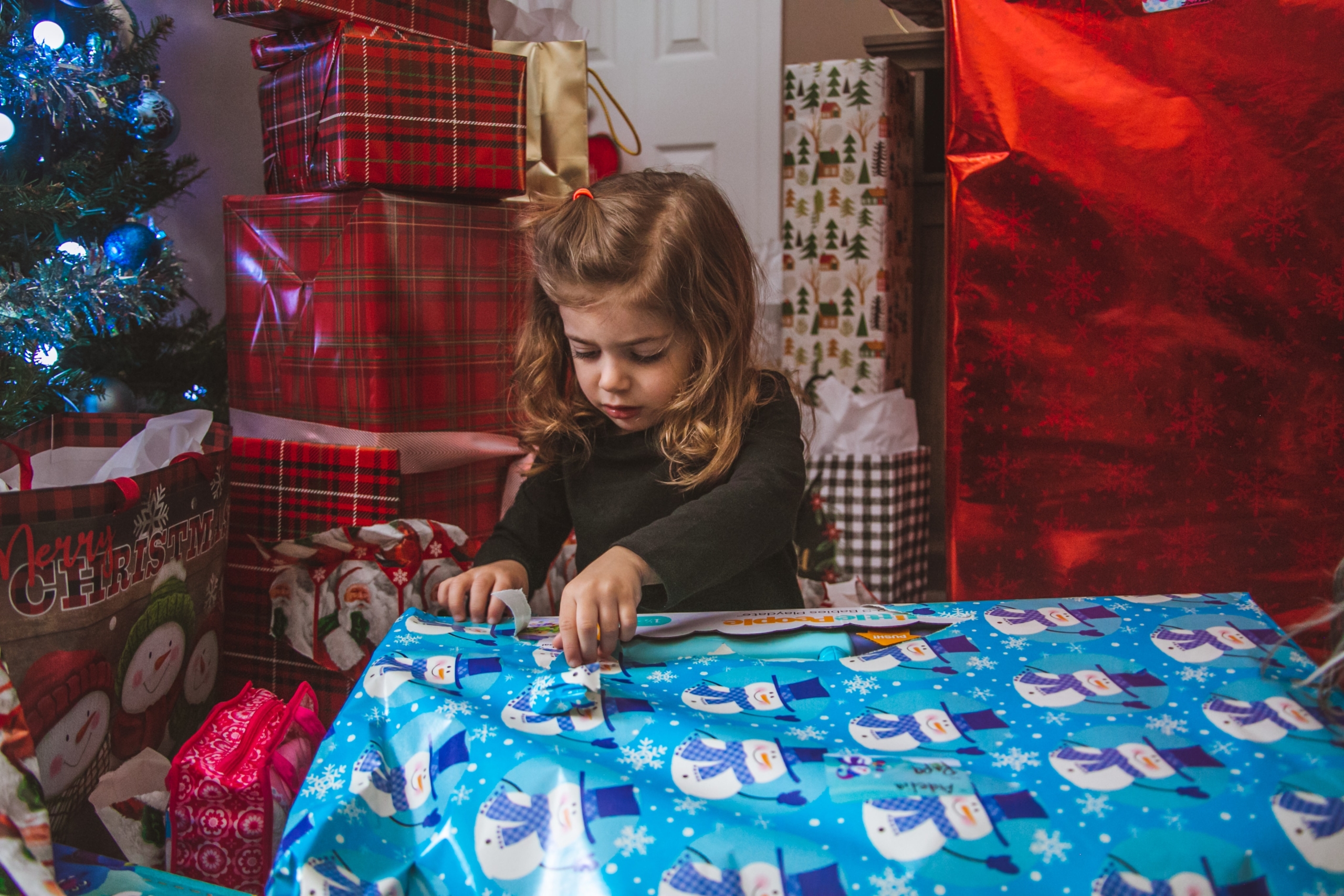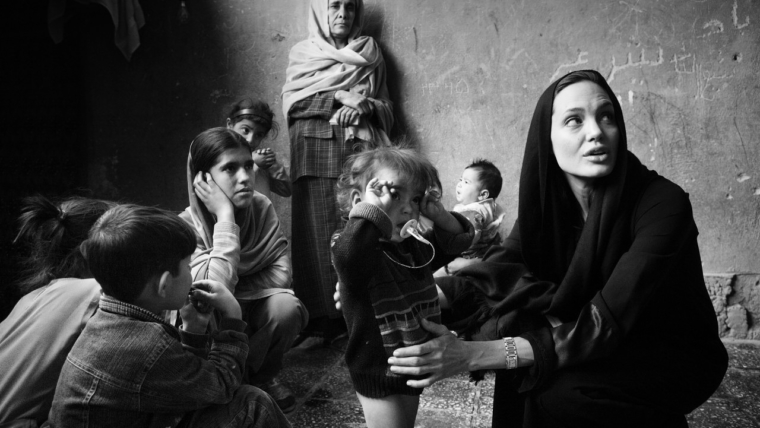
How Many Presents Should a Child Get for Christmas?
From stocking stuffers to big ticket items, we asked the experts how many gifts really make sense.
There’s nothing quite like Christmas morning. From the sound of crinkled paper to the smell of cinnamon rolls and (of course) coffee, the wee hours of the day are something special. Many parents treasure these moments, even if they are bleary-eyed and sleep deprived. But what kids are on the lookout for are presents. Every child wants to see gifts under the tree because, as Mariah Carey puts it, “it’s the best time of year for the family.” But can you overdo it? Can there really be too much of a good thing?
According to the experts, yes. Overgifting, particularly at the holidays, is common. “Overgifting can be a real issue,” says Mark Joseph, a father and the founder of Parental Queries. “It may lead to children becoming overly materialistic and expecting too much from gift-giving occasions.” It can also lead to a lack of appreciation. Many children feel entitled, he adds.
So how many presents should a child get for Christmas? What is the appropriate amount? Well, it depends on numerous factors.
“Gifting will look different for each family, depending on various things, including family size and budget,” says Elanna Yalow, Ph.D., an educational psychologist and chief academic officer at KinderCare Learning Companies. “You may not be able—or willing—to buy the latest and greatest toys for your child. Consider your personal values and be realistic about what you can afford,” she adds. “You may also want to make a list with your child about what they want and prioritize it based on your child’s interest—and your judgment.”
“When it comes to gift-giving, moderation is key,” Joseph adds. “Quality is always better than quantity. Your child doesn’t need 20 presents to be happy; a couple of thoughtful, well-chosen gifts will do just fine.”
Of course, parents have varying opinions. Some follow the “rule of three.” This means that a child gets three presents, one for each gift baby Jesus received. Others believe in four: something you want, something you need, something to wear, and something to read. And some follow other guidelines entirely. In my family, for example, we set a budget and go from there—and many families do the same. According to a November 2022 study, most parents are budgeting $220 for each child—with the highest budgets for 7 to 12-year-olds, though 28% of those surveyed are trying to keep it below $100.
The gift of experience is also a popular alternative, with many families now opting to take their children to shows, performances, concerts, and/or on trips.
So how do you decide what is right for you and your family? According to Dr. Yalow, the first thing you should do is to set limits around holiday gift giving. Figure out what is reasonable and doable. Make a budget—or plan, depending on your family’s tradition—and stick to it.
“Really think about what will work for your family and what you want the holidays to be about for your children,” she says. Be realistic and, if your children are older, explain your position.
“Staying within your budget will ensure you don’t overspend or over-indulge in buying gifts for your children,” adds Joseph. “Considering your children’s ages and interests will also narrow down your choices and help you select the right gift.”
That said, it’s important to note that you should let your child dream big. Dr. Yalow says kids of all ages should be encouraged to put whatever they want on their wishlist—and they should add it whenever they find it. If your child spots a toy they like at the grocery store, for example, it should go on a year-round list. The reason? Time breeds perspective. It will reveal what they truly desire.
In the meantime, remember to be present and breathe. Sure, you want your children to be happy, but happiness cannot be bought. It is moments and memories which breed contentment, not things. So do what you can with what you have, and enjoy the day. Your way. No pressures or stressors.







